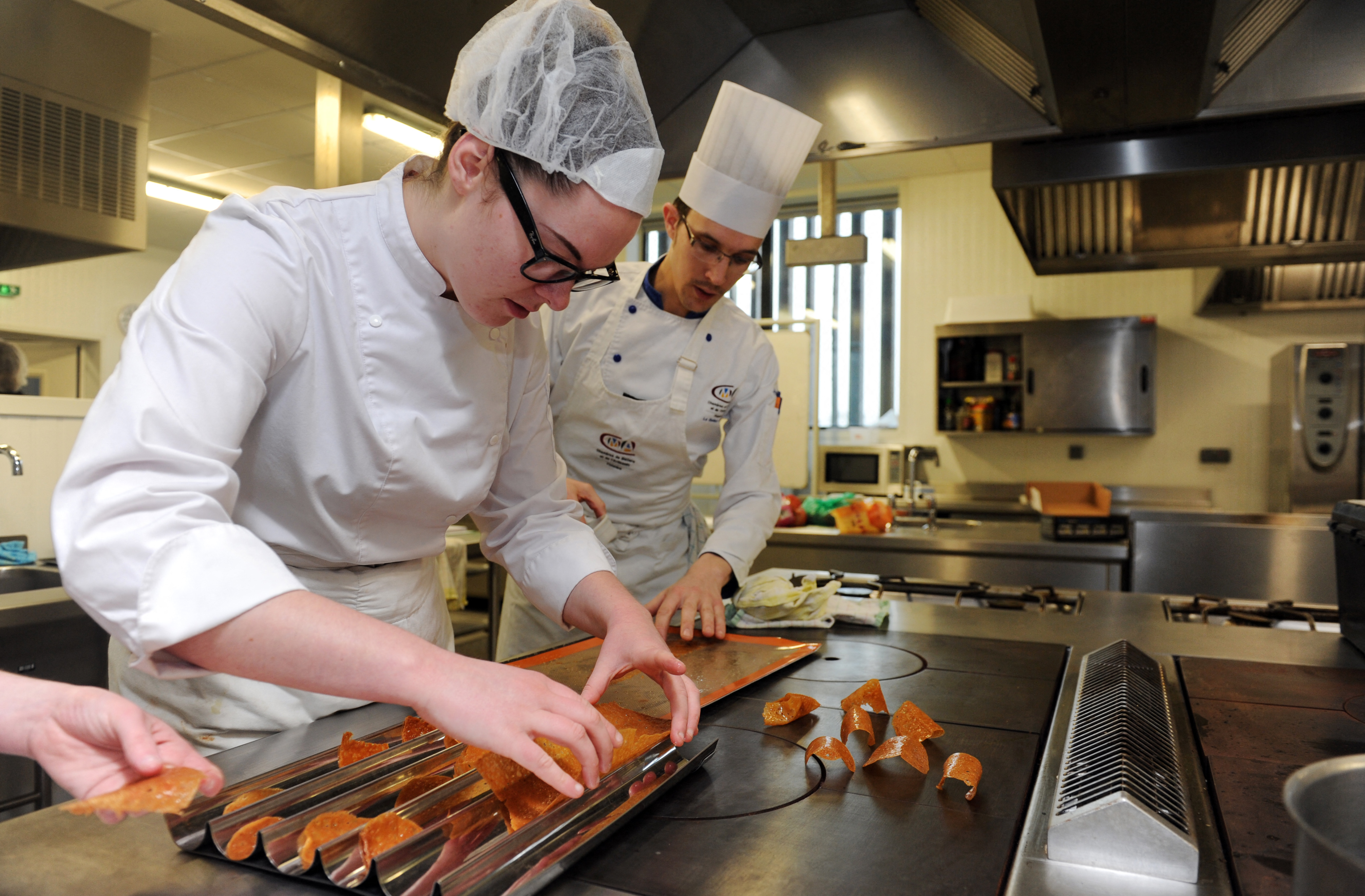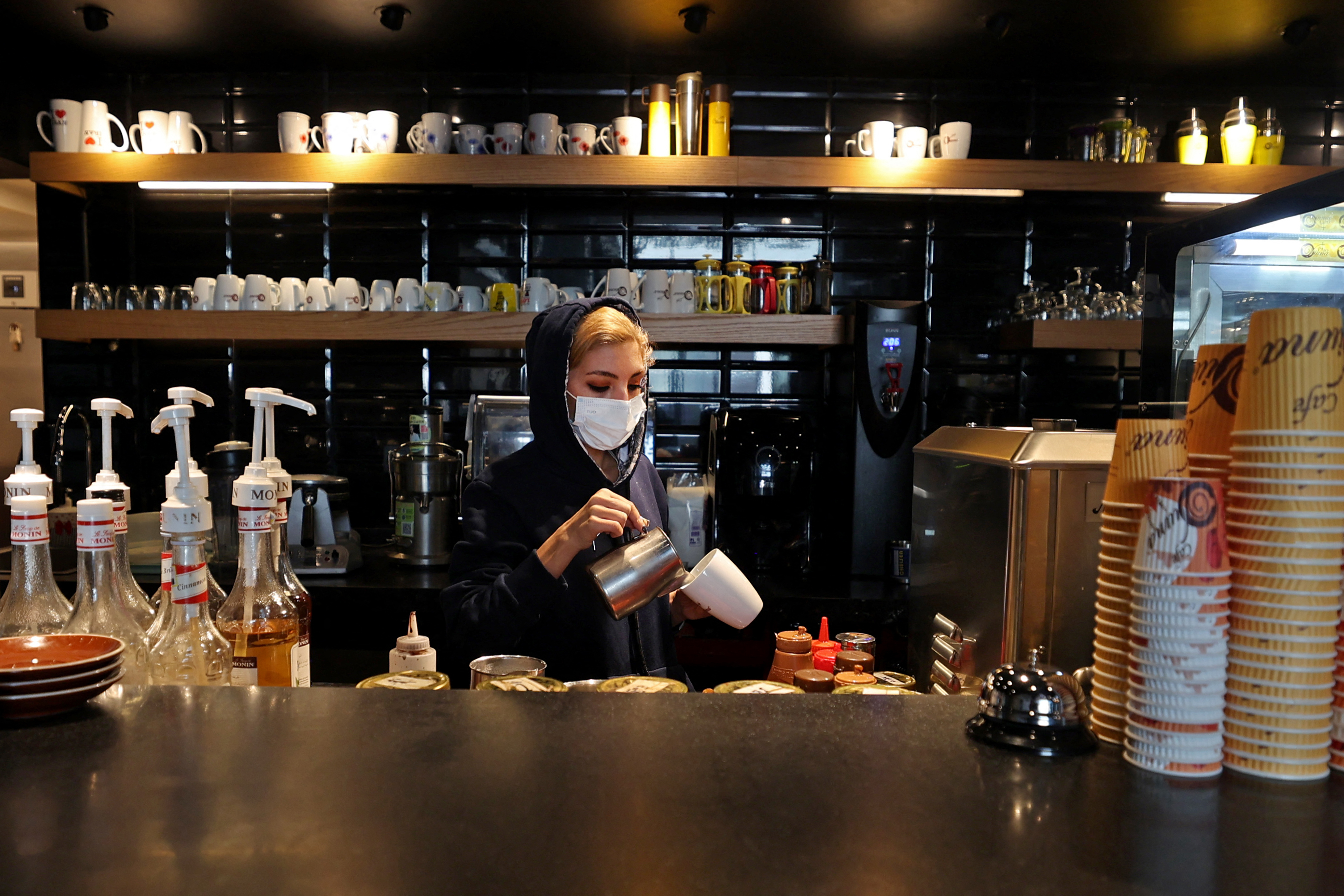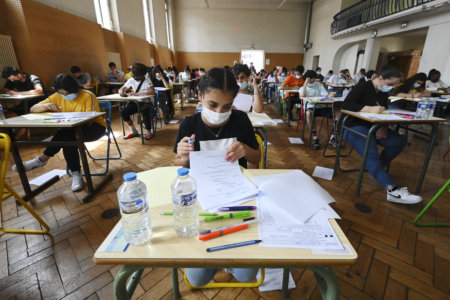
On July 6, 2022, thousands of International Baccalaureate (IB) students worldwide will finally know the fruits of their hard work. If you’re one of the exam candidates who’s having the jitters on IB results day — don’t sweat! It’s completely normal to be feeling nervous, no matter how you think you did during exams.
Perhaps your trepidation has less to do with your grades, but more about figuring out your pathway after obtaining your diploma. Maybe you didn’t anticipate that the chapter of your life as a high school student would come to a close this soon.
The pandemic certainly played havoc with our sense of time, elongating months into years, while some weeks feel like only a few days have passed. Online schooling might have robbed you of your full IB experience, and now that it’s over, you don’t quite know how to navigate your next steps forward.
The #IB is one of the toughest secondary school assessments out there. Is there a way out if you fail? Read here to find out:#examtips #StudyOptionshttps://t.co/H9vT8gwAsG
— Study International (@Study_INTNL) May 18, 2022
You might feel the urge to follow the crowd and go straight into university after getting your IB results. Your peers are already contemplating the final steps of their applications as you ponder the wisdom of continuing higher education immediately.
If you’re still undecided about your academic journey, maybe it’s time to go slightly off the beaten path. Depending on what you think is right for you, there are several doors you can unlock with your IB results instead of progressing into a traditional undergraduate programme.

Training as an apprentice gives you the right balance between studies and practical experience to boost your employment prospects after graduation. Source: Fred Tanneau/AFP
Beyond university degrees: Here’s what you can do with your IB results
Consider an apprenticeship
By now, you might have a sense that a rigid academic structure of lectures and assignments aren’t the right fit for you, but you don’t want to let that option slip away completely. That’s where degree apprenticeships, higher education certificates, or any other form of vocational training come to the fore.
Contrary to popular belief, apprenticeships aren’t just limited to the trade sector. The breadth of industry embracing apprenticeships include business, media and creative design, cybersecurity, and aerospace engineering, just to name a few. Whether or not you’re enrolled in a degree apprenticeship course, there is always an option for you to continue your studies further.
It’s a lot more hands-on, and you’ll need to be deft at time management to juggle working and studying. Considering that an apprenticeship is much cheaper and is even fully-funded if you’re eligible for it, the rewards are substantial, and you’re much more prepared to take off in your career after completing your studies.

You save some money if you choose to work after school, while gaining valuable workplace experience to enhance your soft skills. Source: Atta Kenare/AFP
Get some work experience
Setting your books aside for some real-world exposure isn’t a bad idea. With rising tuition and living costs, more high school leavers are opting to defer their studies to get a job. Your IB diploma actually sets you up nicely for employment to distinguish you in the eyes of the hiring team.
The IB curriculum, whether through the Diploma Programme (DP) or Career-related Programme (CP), both have components that pair applied knowledge with hands-on skills. If you took the DP route, you’ve completed the mandatory creativity, action, service (CAS) component in your diploma, which included community service, project management, and decision making. CP students would be familiar with a more in-depth career-related study to hone their professional development.
Either way, getting an early job experience is a meaningful way for you to build on the holistic aspects of your IB education. Besides, working fits you with a new lens on the realities of work life. It might direct you to an industry that appeals to you, which will make course selection easier if you decide to continue your studies down the road.

Whether you choose to volunteer at a shelter, or take free courses online, a gap year can be constructive to your self-development if you spend it well. Source: Isaac Lawrence/AFP
Take time off to figure things out
A gap year can be lovely and daunting at the same time. You’ve been cramming for exams all your life, and taking a breather to map your path ahead is a welcome break. Too much time off, however, can lead to idleness and complacency. With the right plan, however, taking one year off after getting your IB results can be life-changing for many reasons.
With stress and anxiety on the rise among youths, a gap year is just the opportunity for you to recalibrate your mental health. Spend some time to pursue new hobbies and things that give you joy, or pick up a new language through free courses online without the pressure of being graded. Explore new places if you can, even if it’s just within your city.
Volunteering is another way to make full use of your time. You can reconnect with organisations you’ve given your time to during your IB years, and take on more responsibilities to serve your community while building on your soft skills at the same time.
Spending your year with worthwhile pursuits will reveal more about you than you know. There’s no prescribed way to go about it, and you’ll come away with greater self-awareness, which is a crucial trait that would help you decide your future.










